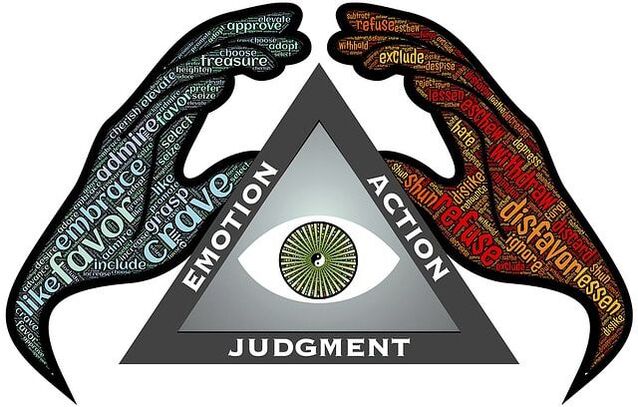Hindsight Bias: Definition, Examples, & How to Avoid ItLearn about hindsight bias or the “I knew-it-all-along” effect and the implications it can have in our lives.
These are examples of hindsight bias. We’re all guilty of this at times. We have a natural tendency to want to feel like we have a better understanding of things than we actually do. Sometimes we even hold these beliefs for something nearly impossible to predict like gambling. But why do our minds work like this? What problems can it cause? In this article, we’ll describe how hindsight bias works, its detrimental effects, why we’re all susceptible to it, and how to avoid it.
Before reading on, if you're a therapist, coach, or wellness entrepreneur, be sure to grab our free Wellness Business Growth eBook to get expert tips and free resources that will help you grow your business exponentially.
Are You a Therapist, Coach, or Wellness Entrepreneur?
Grab Our Free eBook to Learn How to
|
Are You a Therapist, Coach, or Wellness Entrepreneur?
Grab Our Free eBook to Learn How to Grow Your Wellness Business Fast!
|
Terms, Privacy & Affiliate Disclosure | Contact | FAQs
* The Berkeley Well-Being Institute. LLC is not affiliated with UC Berkeley.
Copyright © 2024, The Berkeley Well-Being Institute, LLC
* The Berkeley Well-Being Institute. LLC is not affiliated with UC Berkeley.
Copyright © 2024, The Berkeley Well-Being Institute, LLC




